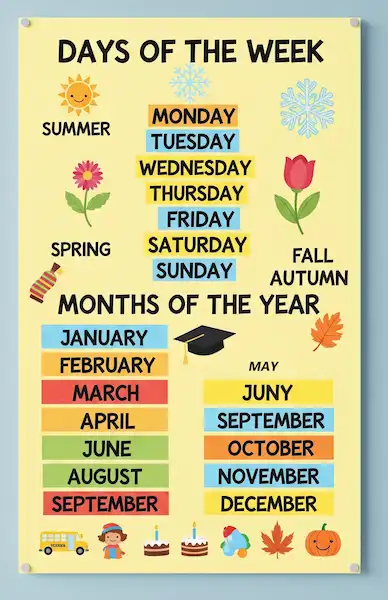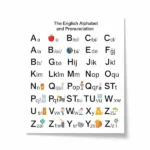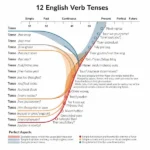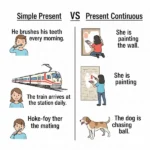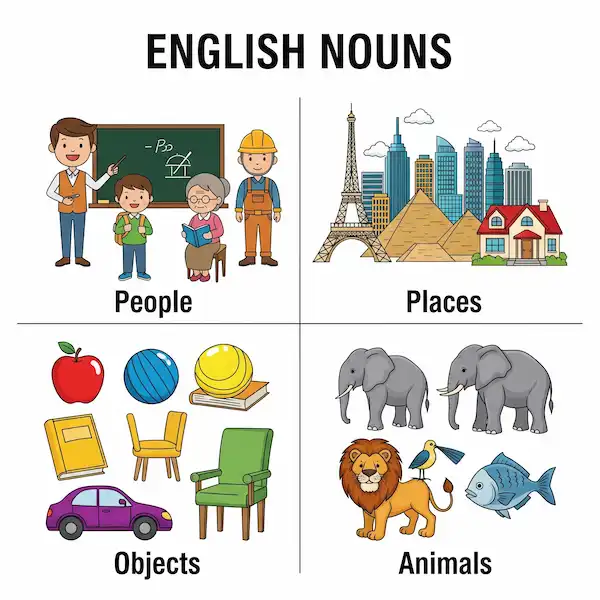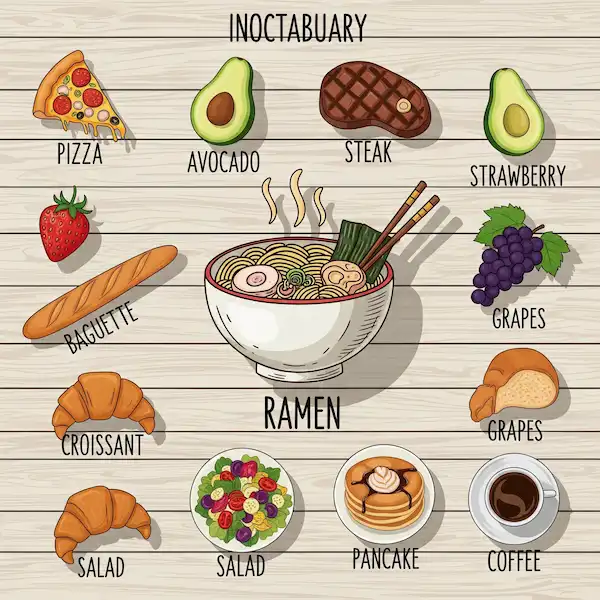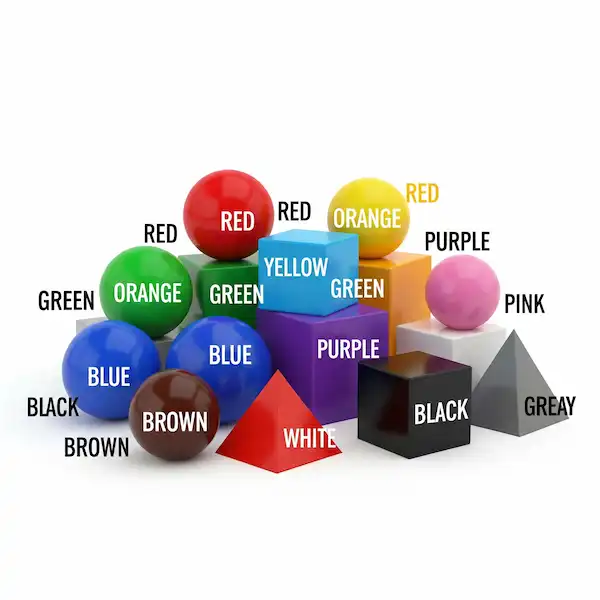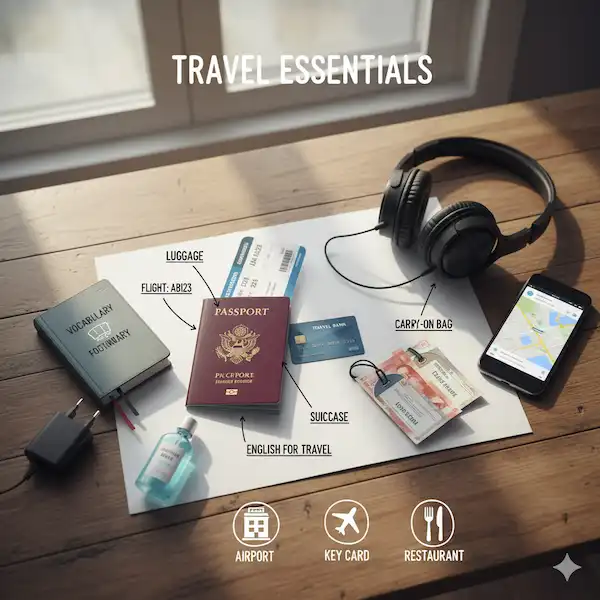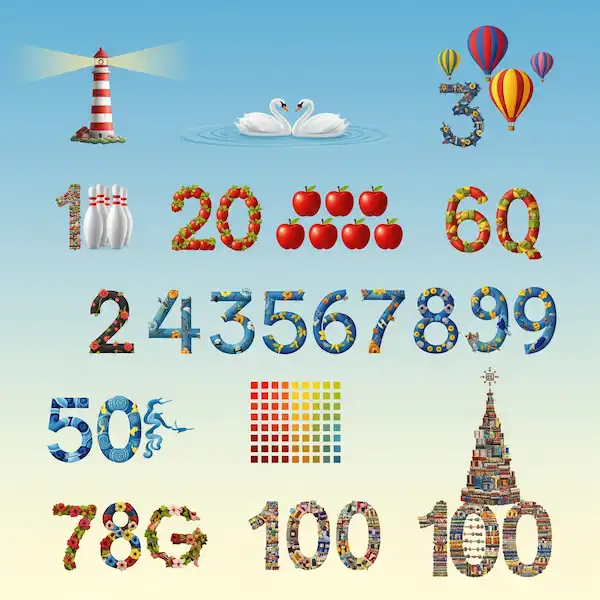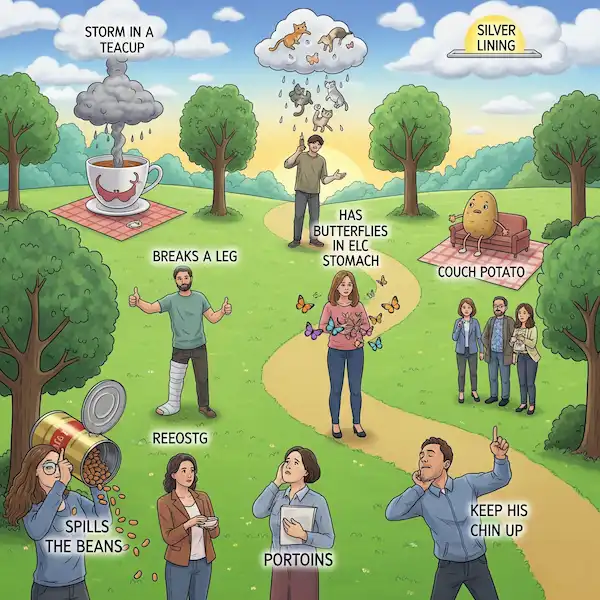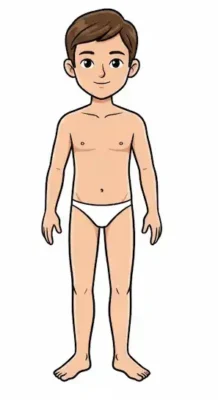Hello, English learner! Do you want to learn some very important words in English? Today, we will learn about the Days of the Week and the Months of the Year. These words help us talk about time. Let’s start!
Days of the Week
There are seven days in a week. We use them every day!
Chart: Days of the Week
| English Word | How to Say It (Pronunciation Help) | What it Means (Simple Idea) |
| Monday | MUN-day | The start of the school/work week |
| Tuesday | TOOZ-day | After Monday |
| Wednesday | WENZ-day | The middle of the week |
| Thursday | THURZ-day | Before Friday |
| Friday | FRY-day | The end of the school/work week |
| Saturday | SAT-er-day | Weekend fun! |
| Sunday | SUN-day | Weekend rest! |
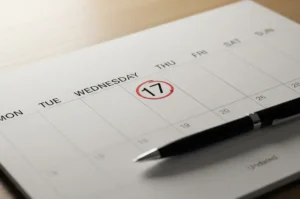
Let’s look at them again, with simple ideas!
Monday This is the first day of the school week. Example: “On Monday, I go to school.”
Tuesday This day is after Monday. Example: “We have English class on Tuesday.”
Wednesday This is the middle of the week. Example: “On Wednesday, I play soccer.”
Thursday This day is before Friday. Almost the weekend! Example: “My favorite TV show is on Thursday.”
Friday This is the last day of the school/work week. Happy Friday! Example: “I am happy it’s Friday!”
Saturday This is the first day of the weekend! Time for fun! Example: “On Saturday, I visit my grandparents.”
Sunday This is the second day of the weekend. Time to rest. Example: “I like to read books on Sunday.”
Remember: The first letter of each day is always a capital letter (big letter)!
Practice Time!
Try to say the days of the week in order: Monday, Tuesday, __________, Thursday, __________, Saturday, __________.
Months of the Year
There are twelve months in a year. A year is much longer than a week!
Chart: Months of the Year
| English Word | How to Say It (Pronunciation Help) | Simple Idea |
| January | JAN-yoo-air-ee | First month, often cold |
| February | FEB-roo-air-ee | Second month, short month |
| March | MAR-ch | Third month, spring starts |
| April | AY-prill | Fourth month, often rain |
| May | MAY | Fifth month, flowers bloom |
| June | JOON | Sixth month, summer starts |
| July | JOO-ly | Seventh month, often hot |
| August | AW-gust | Eighth month, end of summer |
| September | SEP-tem-ber | Ninth month, school often starts |
| October | OK-toh-ber | Tenth month, autumn colors |
| November | NOH-vem-ber | Eleventh month, colder weather |
| December | Dee-SEM-ber | Twelfth month, holidays |
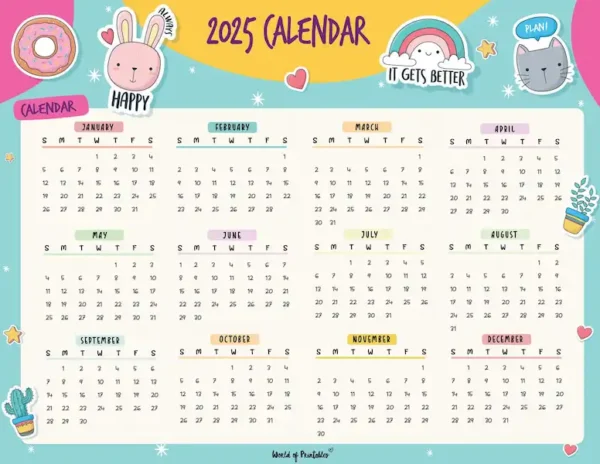
Let’s see some simple ideas for the months too!
January This is the first month. Happy New Year! Example: “My birthday is in January.”
February This is the shortest month. Example: “February has Valentine’s Day.”
March Spring begins in March! Example: “The weather gets warmer in March.”
April This is the fourth month. It often rains this month. Example: “In April, we use our umbrellas.”
May This is the fifth month. Flowers are everywhere! Example: “May is a beautiful month with many flowers.”
June This is the sixth month. Summer begins! School is often over. Example: “I love to swim in June.”
July This is the seventh month. It is often very hot. Example: “In July, we go to the beach.”
August This is the eighth month. Summer is ending. Example: “We go on vacation in August.”
September This is the ninth month. School often starts again. Example: “My first day of school is in September.”
October This is the tenth month. The leaves on trees change color. Example: “I like the colors of the trees in October.”
November This is the eleventh month. It gets colder. Example: “We wear warm coats in November.”
December This is the last month. We celebrate holidays like Christmas. Example: “I get presents in December.”
Remember: The first letter of each month is always a capital letter!
Practice Makes Perfect
Here is a PDF worksheet you can download to practice the days of the week and months of the year. The answers are on a separate page.
Helpful Tips for English Learners!
- Sing a song! There are many songs to help you remember the days and months. Search for “Days of the Week song” or “Months of the Year song” on a website like YouTube.
- Look at a calendar. Find a calendar for your home or phone. Look at it every day and say the day and month out loud.
- Write them down. Practice writing the words for the days and months. This will help you remember how to spell them.
Additional Helpful Links
- Study about reading strategies – Easy English Reading Strategies for Beginners
- Learn the English names for body parts – Human Body Parts: A Beginner’s Guide for ESL
For more information and practice, you can visit these trusted websites:
- British Council LearnEnglish: Days of the Week and Months of the Year
- ESL Lounge: Days and Months Practice
